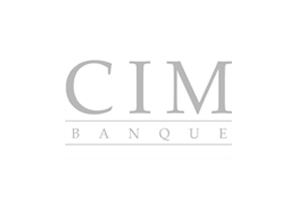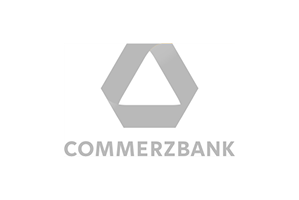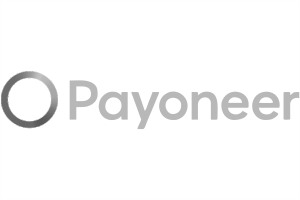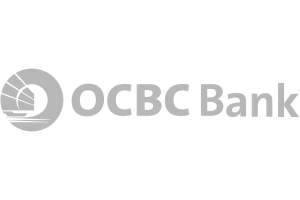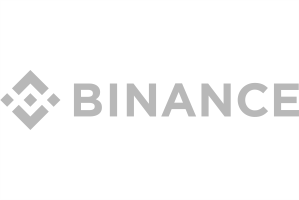According to local fiscal rules, crypto-money is taxable as assets (Box3 when declaring). The country’s banking sector considers the blockchain as a promising direction for financial technologies improvement, the local authorities organize cryptocurrency conferences, and 20% of the population keeps their savings in non-fiat funds.
The legal regime for regulating activities with crypto assets is determined by their nature. These assets can be means of payment, which are analogous to fiat currencies. The assets may provide access to a good or service. They may also be investment assets such as bonds, stocks, and other financial instruments as defined by local law. In assessing crypto assets, you need to be very careful and develop individual solutions. Lawyers of “Prifinance” can help with this issue by considering your case in detail and offering options that will help organize the business correctly and register a cryptocurrency exchange license in the Netherlands, taking into account the latest innovations in the industry.
Starting from the end of 2021, new industry rules began to operate in the country. They relate primarily to issues of trading and storage of crypto assets. In addition to previous AML/CFT compliance requirements, market operators need to register with the Dutch Central Bank now. This is the body that oversees the activities in the industry. We also note that the registration procedure is not licensing in the classical sense, so the term “license” concerning operations with cryptocurrencies in the Netherlands is used conditionally. It’s about the registration of a company that carries out operations with crypto assets in the Central Bank of the Netherlands.
Features of cryptocurrency licensing in the Netherlands
The first step for entities that intend to obtain a cryptocurrency exchange license in the Netherlands is to register a company with the Chamber of Commerce and Industry. Also, to work under a cryptocurrency license in the Netherlands, you need to comply with the pan-European requirements of the second EU directive:
- to provide the regulator with a business plan, a confirmation of the hardware and software adequacy for work;
- to fulfill the requirements of the KYC standards and protect the client data transferred to the exchanger;
- to prepare AML legislation documentation – policies, internal rules, regulations, etc.
To register with the Central Bank of the Netherlands, several requirements must be met:
- fill in the registration form;
- send all documentation that relates to the registration of the company and confirm its existence, including personal data and resumes of the company’s owners;
- develop a business plan covering, inter alia, the following aspects: the expected market share and origin of customers, the company’s growth goals and plans, the results of the SWOT analysis, as well as information about the company’s partner;
- formulate compliance policies;
- hire managers and directors of good repute;
- ensure transparency of the company structure, including control aspect;
- comply with the requirements of the regulator in the process of monitoring the company’s activities.
The main aspects of compliance deserve special mention. Inter alia, the company needs to:
- have compliance procedures to identify and monitor customers;
- report cases of suspicious transactions;
- have staff responsible for compliance with requirements, as well as provide their annual education;
- identify customers, as well as verify that their funds are obtained legally.
Another step that needs to be taken to ensure the proper operation of the company is opening a bank account. That’s not difficult, but you have to choose your bank carefully for this. There are a few “friendly” to cryptocurrency institutions. This is, for example, the Bunq bank, where they open accounts for cryptocurrency exchanges and do not exclude customers by an area of their activity. “Prifinance” lawyers will be happy to advise you in more detail on the local company creation, its registration with the Central Bank of the Netherlands, select a loyal bank to service transactions with crypto assets, and also accompany the activities of the legal entity in the future.
